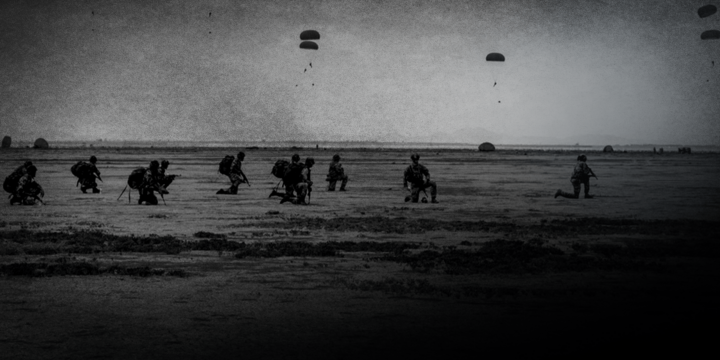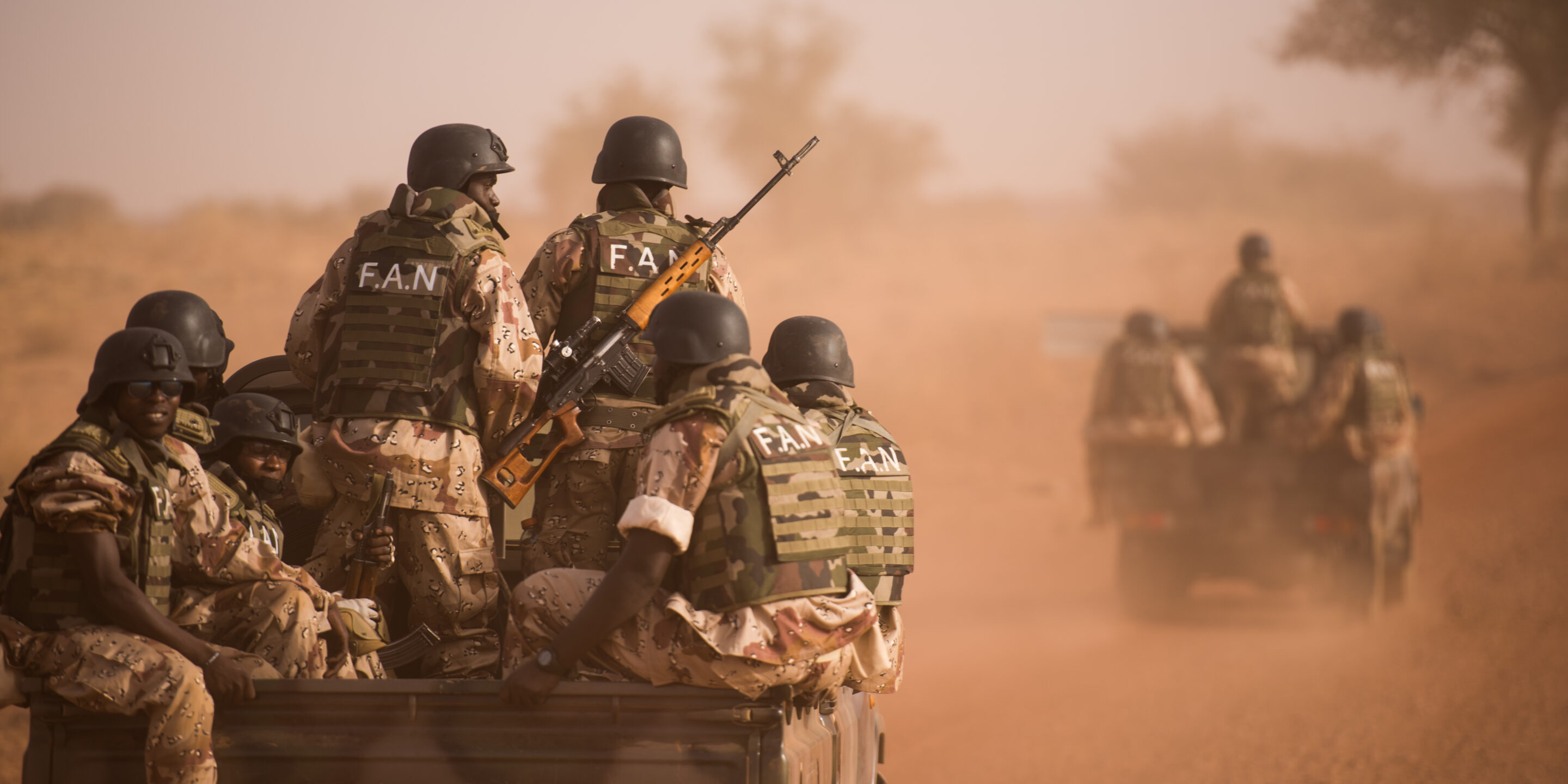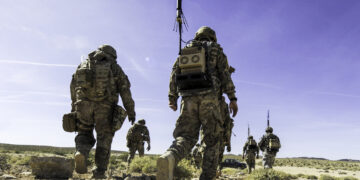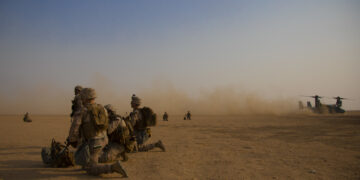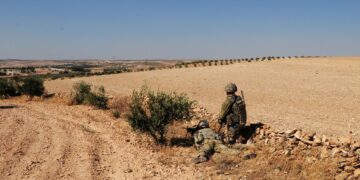If you have been scanning the headlines lately, you might think that the entire U.S. counterterrorism apparatus in Africa is at risk of collapse after the Nigerien military in late July arrested its own president, suspended the country’s constitution, and took power for itself.
NPR accurately summed up the media narrative behind the coup (which the Biden administration still refuses to officially call a coup) in a report immediately after Nigerien president Mohamed Bazoum was detained and effectively held hostage by his own presidential guards: “Niger is vital to U.S. counterterrorism efforts in Africa.” The Associated Press on August 4 ran a story that suggested that the U.S. was close to losing its last counterterrorism partner in the Sahel region of Africa — and, with it, access to a number of U.S. bases in the country. Mamadou Kiari Liman-Tinguiri, Niger’s ambassador to the U.S., used a short op-ed in the Wall Street Journal to warn that if the coup stands, the U.S. “will soon be forced to withdraw its forces, giving Islamist terrorists free rein to plan violent acts.”
All of this sounds bleak on its face. But the American people don’t need to wonder whether the U.S. is now closer to another 9/11-style terrorist attack, this time originating in the Sahel. While it’s troubling that the region’s last remaining democracy is now crushed under the Nigerien junta’s boots, the risks for the U.S. are manageable. U.S. interests in the Sahel are narrow and won’t rise or fall based on how Niger is governed or even on whether the U.S. military maintains a continuous presence there.
Read article in National Review
Author

Daniel
DePetris
Fellow
More on Africa

Featuring Daniel DePetris
November 6, 2024
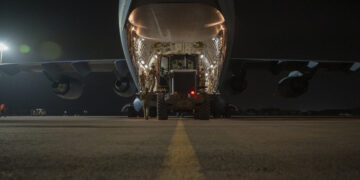
By Mike Sweeney
October 18, 2024

Featuring William Walldorf
May 1, 2024
Events on Africa
